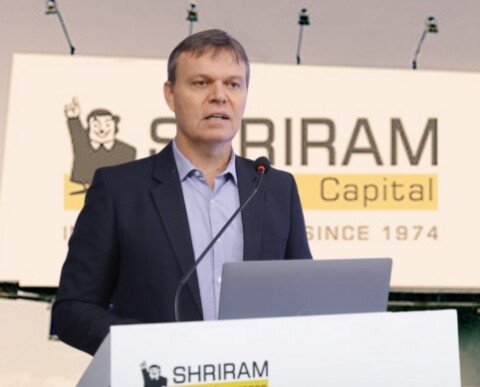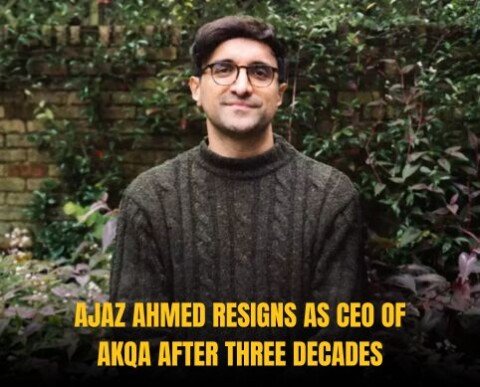Intel CEO Pat Gelsinger and other top executives are set to present a strategy to the company’s board of directors later this month. This plan will focus on divesting non-essential businesses and restructuring capital expenditures, according to a source familiar with the matter, as they work to restore the chipmaker’s former prominence.
The strategy will outline ways to reduce overall costs by selling off divisions, such as the programmable chip unit Altera, which Intel can no longer sustain with its previously substantial profits.
Gelsinger and other senior Intel executives are anticipated to present the plan at a board meeting scheduled for mid-September, according to the same source.
For the first time, specifics of Gelsinger’s proposal are disclosed here.
Intel declined to comment.
The source and another individual with knowledge of the situation claim that the proposal does not currently call for splitting up Intel and selling its foundry, or contract manufacturing division, to a buyer like Taiwan Semiconductor Manufacturing Co.
The presentation, including details about the manufacturing operations, is still in development and may be adjusted before the meeting.
Intel has already separated its foundry business from its design business, with financial results for each reported independently since the first calendar quarter of this year.
The company has implemented a barrier between the design and manufacturing sectors to ensure that potential customers of the design division do not gain access to the technological secrets of those utilizing Intel’s factories, known as fabs, for chip production.
Intel is grappling with one of its most challenging periods as it strives to keep pace with AI industry leader Nvidia, which boasts a $3 trillion market capitalization. In stark contrast, Intel’s market value has fallen below $100 billion following a disappointing second-quarter earnings report in August.
The proposal that CEO Pat Gelsinger and other executives are set to present is expected to include plans to further curtail the company’s capital expenditure on factory expansion. This could involve pausing or even halting the $32 billion factory project in Germany, which has reportedly faced delays, according to the source.
In August, Intel projected a reduction in capital spending to $21.5 billion by 2025, a 17% decrease from this year’s spending, and provided a weaker-than-expected forecast for the third quarter.
In addition to the plans from Intel’s CEO and executives, the company has engaged Morgan Stanley and Goldman Sachs to advise its board on which business units to sell and which to retain, according to two sources familiar with Intel’s advisory strategy.
Intel has not yet solicited bids for its product units but is expected to do so once the board approves a final plan, the sources indicated.
ALTERA SPIN-OUT
The board meeting scheduled for mid-September is crucial for Intel, which has faced significant challenges, including a disappointing second-quarter performance reported in August. This downturn led to a pause in dividend payments and a 15% reduction in staff, aimed at saving $10 billion.
Following these developments, chip industry veteran Lip-Bu Tan resigned from the board after lengthy discussions about the company’s direction, leaving a gap in semiconductor expertise on the board, Reuters reported.
Following the Reuters report last Thursday, Intel CEO Pat Gelsinger reassured investors about the company’s recent financial struggles.
At a Deutsche Bank conference, Gelsinger remarked, “It’s been a difficult few weeks.” We have also been putting a lot of effort into solving the problems.
He emphasized that Intel is “taking seriously” the feedback from investors and is concentrating on the second phase of its turnaround strategy.
Some elements of the turnaround plan will remain unresolved until the mid-September board meeting, where critical decisions will be made regarding which businesses Intel will retain and which it will divest.
One potential divestment target is Intel’s programmable chip unit, Altera, which the company acquired for $16.7 billion in 2015. Intel has already initiated steps to separate Altera as a standalone, wholly-owned subsidiary and has indicated plans to partially sell its stake through an initial public offering in the future, though no specific date has been set.
However, there is also the possibility that Altera could be sold entirely to another chipmaker interested in expanding its portfolio. Intel has quietly begun exploring this option, according to a source familiar with the advisory plans and another familiar with the business cut plans.
According to one of the sources, Marvell, a developer of infrastructure chips, is one possible buyer for this kind of deal.
Bloomberg has also reported that Intel is considering various options, including a potential split of its product design and manufacturing divisions, which is expected to be discussed at the upcoming board meeting.






